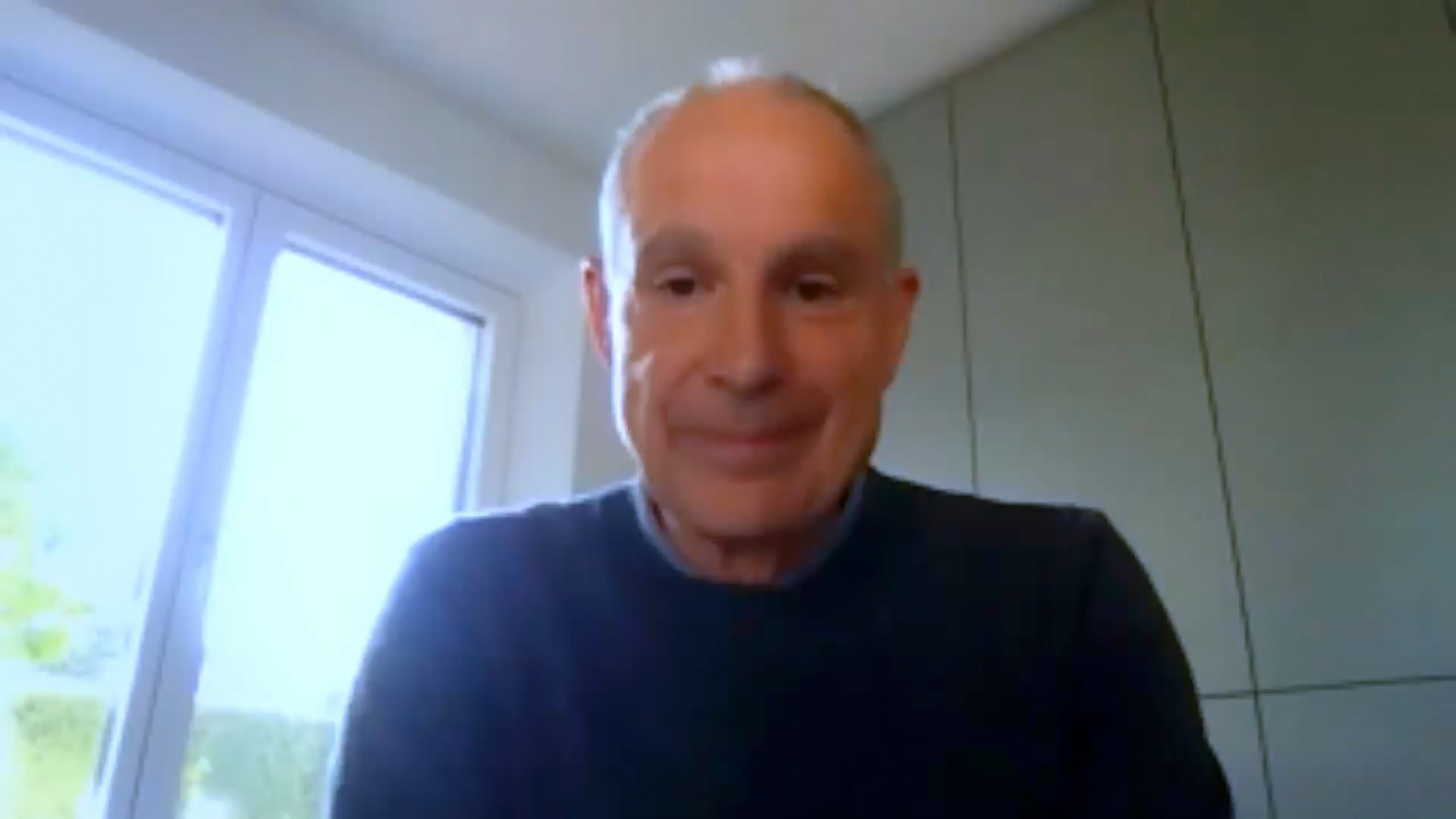
Hard Discounters: How Aldi Works With Its Supply Base
Former CEO, Aldi UK
inpractise.com/articles/aldi-working-with-supply-base
Why is this interview interesting?
- Aldi's philosophy in dealing with its supplier base
- Aldi's payment terms with private label suppliers
Interview Transcript
In the early stages, very hard to establish your supply base. You’re fighting for marginal capacity. You’re investing in your suppliers. As you grow and scale, the world starts opening up to the point where we are talking about the mid-2000s now into the post financial crisis world. What do those supply relationships look like as they evolve, Paul? What do suppliers like about working with discounters that makes life easier than perhaps working with mainstream retailers?
When you talk about discounters. I’d like to be particular about Aldi in this because that’s where I have my history and my knowledge. One feature of the Aldi philosophy is you have to recognize how important your supplier partners are. What does scale really mean? Scale means purchasing power with an individual supplier. You can’t have hundreds of suppliers all making one product and just selling it in different places. You actually have very few to start with one, maybe two or three in the future who are producing enormous scale. If you lost one of those, it’s an absolute catastrophe. First of all, it won’t be possible for the other suppliers, even if you have a dual supply, to make up another 50 percent overnight. Secondly, you run the risk that the quality is not the same.
Thirdly, you have the situation where your reputation is put at risk with companies that would have to make serious investment decisions to be able to make your private label to the same quality as brands. We were always incredibly protective over the suppliers. Quite actually forgiving when mistakes were made, so long as they weren’t made on a constant basis. Tried to be more than fair with that supply base. What does more than fair mean? To be people who agreed things on handshakes and don’t need 50-page contracts to endorse it. Secondly, to pay on time. The biggest single question every supplier will have about its retail partner is: Am I going to get the money for the product that I’ve put all the investment into and delivered to their warehouse 15/20/25/30 days, whatever the contract actually says, later? I will tell you, you’d have got fired in Aldi if you paid one day late. A CEO would get fired if he deliberately paid one day late a supplier.
A high integrity approach to dealing and working with your suppliers in other words.
Yes, but necessary. It wasn’t out of some kind of charity. It’s a nice thing to be able to tell your management, that’s how we behave. Most young managers like me who joined were dead impressed with that philosophy because it’s always been there. As you get into the business, you realize, actually, it’s fundamentally necessary because you’re looking for the very lowest price possible. You want to give all the guarantees that help you get to that point.
Related Content
Copyright Notice
This document may not be reproduced, distributed, or transmitted in any form or by any means including resale of any part, unauthorised distribution to a third party or other electronic methods, without the prior written permission of IP 1 Ltd.
IP 1 Ltd, trading as In Practise (herein referred to as "IP") is a company registered in England and Wales and is not a registered investment advisor or broker-dealer, and is not licensed nor qualified to provide investment advice.
In Practise reserves all copyright, intellectual and other property rights in the Content. The information published in this transcript (“Content”) is for information purposes only and should not be used as the sole basis for making any investment decision. Information provided by IP is to be used as an educational tool and nothing in this Content shall be construed as an offer, recommendation or solicitation regarding any financial product, service or management of investments or securities.
© 2025 IP 1 Ltd. All rights reserved.


